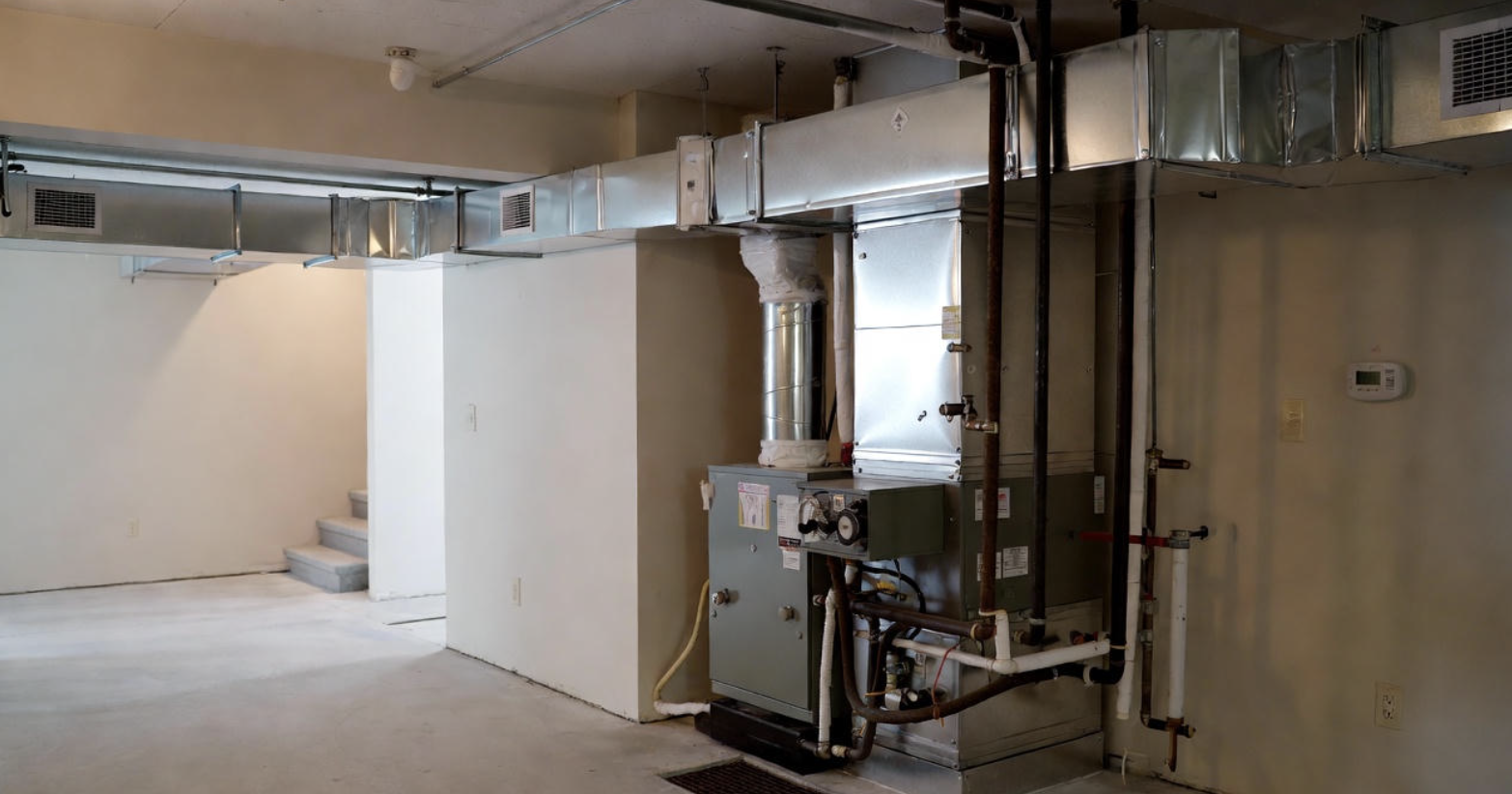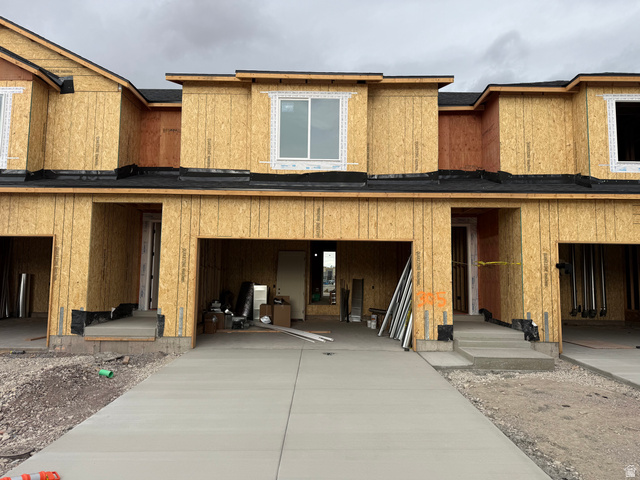Timely furnace repair is crucial to maintaining a comfortable and warm home during the colder months. A malfunctioning furnace can leave your home cold, impacting your comfort and potentially causing more serious issues. Addressing furnace problems as soon as they arise can prevent costly repairs, improve energy efficiency, and extend the life of the unit. Neglecting repairs, on the other hand, can lead to more frequent breakdowns, higher energy costs, and a shorter lifespan for your furnace. Regular maintenance and prompt repair are the best ways to ensure your heating system operates at its optimal level.

Common Furnace Issues You Shouldn’t Ignore
Furnaces are reliable heating systems, but they are not immune to problems. Here are some common issues you might encounter:
- Uneven heating: If certain areas of your home are colder than others, it may indicate a problem with the thermostat, ductwork, or the furnace itself.
- Noisy operation: Strange sounds, such as rattling, banging, or squealing, can indicate loose components, a worn-out fan, or an airflow issue.
- Increased energy bills: A furnace that is not functioning efficiently will consume more energy, resulting in higher heating costs.
- Short cycling: If your furnace turns on and off frequently, it could be caused by a dirty filter, a malfunctioning thermostat, or an overheating unit.
- Yellow or orange flame: A gas furnace should have a blue flame. A yellow or orange flame could indicate a carbon monoxide issue, which is a serious safety concern.
How Regular Furnace Maintenance Saves Money in the Long Run
Regular maintenance is one of the most effective ways to keep your furnace running smoothly and avoid unexpected repairs. A well-maintained furnace operates more efficiently, reducing energy consumption and helping to keep heating bills lower. Preventive maintenance tasks such as cleaning the burners, replacing filters, and checking the thermostat ensure that your furnace operates optimally, which can save you money on repairs and energy costs.
By scheduling regular maintenance with a qualified technician, you can identify potential issues early on, before they lead to expensive repairs. An ounce of prevention is worth a pound of cure, and this applies to furnace repair.
Signs Your Furnace Needs Immediate Attention
It’s important to recognize the signs that your furnace needs immediate repair to avoid further damage or discomfort:
1. Strange Noises: If your furnace starts making loud, unusual noises like banging, scraping, or grinding, it may indicate that parts are loose, damaged, or malfunctioning.
2. Reduced Airflow: Weak airflow could mean the blower motor is malfunctioning, or there’s a blockage in the air ducts, both of which require professional attention.
3. Constant Cycling: If your furnace is turning on and off repeatedly in short cycles, it could be caused by an issue with the thermostat or airflow problems.
4. Gas or Odor Smell: If you notice a gas odor or any strange smell coming from the furnace, it’s a potential safety issue, particularly with gas-powered systems. Turn off the furnace immediately and call a professional.
5. No Heat or Warm Air: If your furnace is blowing cold air or isn’t producing heat, there may be an issue with the burner, pilot light, or igniter. Don’t hesitate to call for service if this happens.
Explore Utah Real Estate

653 E RYEGRASS DR #305, Eagle Mountain, UT
$387,900
Bedrooms: 3 Bathrooms: 3 Square feet: 1,985 sqft

6668 S 3200 W, Spanish Fork, UT
$2,199,999
Bedrooms: 3 Bathrooms: 3 Square feet: 2,560 sqft

1500 FISH CREEK RD, Bancroft, ID
$1,100,000
Bedrooms: 6 Bathrooms: 4 Square feet: 3,767 sqft
How to Choose the Right Furnace Repair Technician
Choosing a qualified and reliable furnace repair technician is essential to ensuring that your furnace is repaired properly. Look for the following qualities when selecting a technician:
|
Quality
|
Why It’s Important
|
|
Licensing and Certification
|
Ensures the technician has the required training and expertise to work on your furnace safely and effectively.
|
|
Experience
|
A technician with years of experience is more likely to have encountered and solved a wide range of furnace issues.
|
|
Reputation
|
Check reviews and ask for recommendations to ensure the technician has a good reputation for quality service.
|
|
Transparency and Pricing
|
A trustworthy technician will provide clear estimates, avoiding surprise fees and costs.
|
DIY Furnace Troubleshooting: When to Handle It Yourself
Some basic furnace issues can be handled by homeowners, but it’s important to know when to attempt a fix yourself and when to call in a professional. Simple issues like replacing a dirty filter or checking the thermostat setting can easily be addressed without professional help. However, more complex problems, such as electrical issues or gas leaks, should only be handled by trained technicians.
Before attempting any DIY repairs, always ensure the furnace is powered off and take necessary safety precautions. If you’re unsure about any issue, it’s better to call a professional to prevent causing further damage or putting yourself at risk.
The Role of Furnace Efficiency in Reducing Your Energy Bills
Furnace efficiency plays a key role in reducing energy bills. An energy-efficient furnace uses less fuel to heat your home, which translates to lower heating costs. Proper furnace maintenance, such as cleaning and adjusting components, can significantly improve efficiency and extend the lifespan of your furnace. Regular maintenance ensures the furnace is operating at peak performance, minimizing energy waste and saving you money in the long run.
The Impact of Neglecting Furnace Repair on Home Comfort
Neglecting furnace repair can lead to a variety of problems that affect home comfort, including inconsistent heating, high energy bills, and frequent breakdowns. Here are some impacts of ignoring necessary repairs:
- Inconsistent Heat: A poorly functioning furnace may not heat your home evenly, leaving some rooms colder than others.
- Higher Energy Bills: A furnace that isn’t running efficiently consumes more energy, leading to higher heating costs.
- Frequent Breakdowns: Neglecting maintenance or repairs can lead to more frequent breakdowns, requiring more costly repairs or even premature replacement.
- Reduced Indoor Air Quality: A malfunctioning furnace can circulate dust, debris, and other allergens, reducing air quality in your home.
How Furnace Repair Can Improve Indoor Air Quality
Furnace repair plays an important role in improving indoor air quality. A well-maintained furnace prevents dust, mold, and allergens from circulating throughout your home. Regular cleaning and replacing of air filters ensures that air is filtered effectively, removing pollutants and improving the overall air quality. By maintaining your furnace, you’re also helping to reduce the number of allergens and harmful particles in the air, creating a healthier home environment.
Tips for Extending the Life of Your Furnace After a Repair
After having your furnace repaired, taking steps to ensure it runs efficiently will help extend its lifespan. Regular maintenance, such as replacing air filters every few months and scheduling annual inspections, can keep your system running smoothly for years. In addition, ensure the thermostat is working properly and avoid overworking your furnace by keeping your home at a consistent, comfortable temperature.
Furthermore, be mindful of signs of wear and tear, such as strange noises or inconsistent heating. Addressing issues early can prevent more significant damage and help extend the life of your furnace, ensuring you get the most out of your investment.









